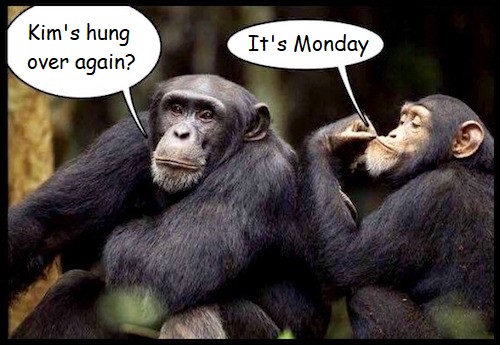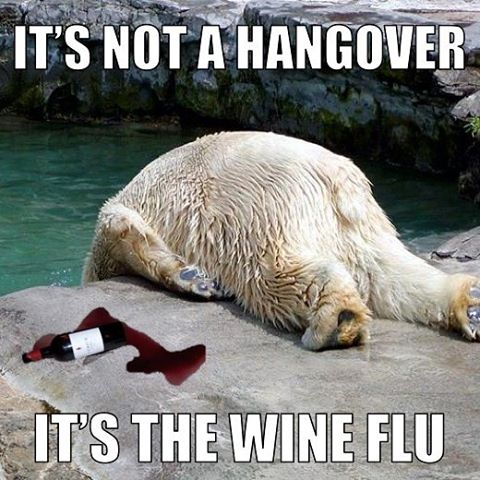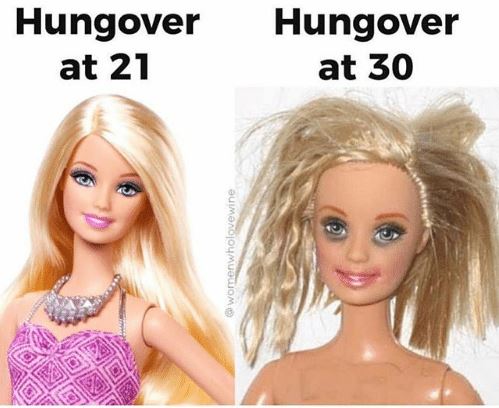Suddenly, homeschooling is becoming more desirable:


Suddenly, homeschooling is becoming more desirable:

Clearly, someone — doesn’t matter who — in the Trump administration saw something coming when the Chink Wuhan virus started to spread back in November 2019. But that’s not as important as what POTUS did — and over at the Treehouse, Sundance explains how lucky we are.
In early 2017 President Trump and his administration coined the phrase: “economic security is national security”, and the economic team set about starting a very complex process to ensure the past three decades of trade policy was reversed.
Because the Left controls the history books as well as the media, it will never happen; but in a saner world, Trump may well prove to have been one of the most successful U.S. presidents ever.
Once again, something to remember come November 2020.
“Never let a crisis go to waste [when furthering your own objectives]” is the mantra of the Socialists, and indeed they grab it whenever they can. Thus:
The mayor of Champaign, Illinois has declared a town emergency over the Wuhan coronavirus that includes a potential ban on the sale of firearms and ammunition.
According to a local report from WAND 17, Champaign Mayor Deborah Frank Feinen has issued an executive order that would give her office “extraordinary powers.” She has issued the order despite the town and surrounding area not having a single case of the disease.
Of course, controlling gun- and ammo sales would do nothing, nada, zip and zilch to contain, cure or prevent the Wuhan virus, but the point is not about relevance, but about opportunity.
So of course the Marxists in government are going to grab at it with both greedy little hands.
I imagine that the road traffic between Champaign and, say, Indiana is going to increase rapidly, and Illinois is going to lose serious money in taxes stemming from lost gun- and ammo sales; but that doesn’t matter, comrade, as long as the aims of The Movement are being satisfied.
And to all Commies, of course, if there’s a problem only Gummint can fix it:
“There should be a national approach to ensuring every factory that can make hand sanitizer should be on 24/7 shifts and the distribution could go to the places that need it most” [Chief Commissar of NYFC] de Blasio said.
You want to see real shortages? Let the State decide on selection, production and distribution. I can see the headlines already:
Government Announces 5-Year Plan To Make Hand Sanitizer; Production Slated To Begin In Fall 2052
Government Hand Sanitizer Factory Sends 60,000 Empty Bottles To Restaurant In North Dakota; Owner Mystified
Government Hand Sanitizer Factory Makes 2 Million Bottles Of Hand Sanitizer; Government Trucking Center Has No Trucks Available To Deliver Them, And Government Railcars Busy Delivering Sand To Canada
Government Hand Sanitizer Factory Makes 2 Million Gallons Of Mouthwash By Mistake, But Has No Bottles On Hand To Fill Anyway; Uses Mouthwash To Clean Factory Floor, Pours Remaining 1.99 Million Gallons Into Town Reservoir
Congress Appropriates $250 Billion For Hand Sanitizer Production; Government Factories Only Able To Produce 20 Gallons, Total
And finally:
CDC Finds That Government-Formulated Hand Sanitizer Causes Skin To Blister; U.S. Forced To Import Sanitizer From… China
Let’s hear it from Comrade Stalin:

Poxy little statists.
Oy, you! It’s time to wake up and begin the recovery:

So to help with the process, a little hangover-inspired humor:





So to help with the excuses, some inspiration:
Edy Williams:

Giada De Laurentiis:

…and Marilyn:

Now get outta that bed, and start making things happen.
After weighing all the options, I purchased the ULD Boomershoot gear as follows:
This was the easiest choice, given my own experiences at Boomershoot and hunting in Scotland with Mr. Free Market and the gang. In adverse conditions (rain, sleet, snow, strong winds) the .300 Win Mag beats all other chamberings by a day’s march. As I’d made the caliber choice early on, I went ahead and ordered some boxes of “test” ammo, which I’ll be comparing to each other over the next couple weeks. I got Spendy, Medium-Spendy and Budget (the latter, actually, is Sellier & Bellot because despite its lowly price, I’ve found this Czech ammo to be amazingly consistent in other chamberings. I’m kinda hoping it does well, because I have a line on an amazing deal — less than $1 per round).
Whichever gets the best grouping, however, will be purchased in Boomershoot-type quantities, and what doesn’t get used up in Idaho will be shipped to the lucky winner of the draw (because I don’t own a .300 Win Mag rifle, so I won’t be tempted to hold some back as “tax”).
So much for the cartridge. Next, the boomstick:

The choice was between this rifle and the Savage 110FCP, and to be honest, I couldn’t make up my mind. Ultimately, I let availability drive the decision — and while the Savage was on back order / out-of-stock everywhere I looked, the Hawkeye was actually in stock at one of my local gun pushers FFLs nearby. Hello, Mr. Gun Pusher. Of course, I always have Buyer’s Dread after dropping over a grand on an untested (by me) rifle… but then I read this review of the Hawkeye, and I didn’t feel too badly about the decision. I hate the Technik durch Plastik appearance of the stock (I know, it’s painted laminate, which makes me feel better, but it’s still pig-ugly). As long as it shoots better than I can shoot it… which brings me to the glass.


(the crosshair is actually finer than pictured — I just enhanced it to make it clearer)
The combination of Zeiss glass plus the illuminated reticle might make all the difference to an average rifle shooter like me at distance, in crappy weather. It’s a serious long-distance reticle (as opposed to a “pure” hunting one), and I can’t wait to get it up to speed.
Finally, the thing what holds it all together:
Because the Hawkeye has an attached Picatinny rail, it makes the choice of rings quite easy. Unfortunately, most scope mounts designed for this configuration are, to my mind, not geared towards handling hard recoil — let’s face it, 90% of the time, they’ll be holding onto a semi-auto gas action AR-15 firing the poodleshooter cartridge. But a bolt-action rifle sending off a blitzenthumpenboomer .300 Win Mag bullet? It’s gotta have beeeg mahsells [/Arnie]. So I’ll be going with the trusted Warne scope mount because of its multiple-screw locking setup — and this does not look like it’s going to be jarred loose anytime soon:

I know, I know: “But-but-but Kim, what does it look like when it’s all assembled?”

So there it is, complete with a post-boresighting gin: now it’s time to get this show on the road. Range report to follow, as soon as Doc Russia can find some spare time. (He too has a new .300 Win Mag rifle to shake down.)